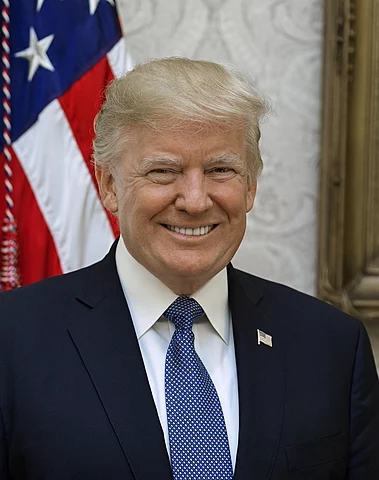
In a legal twist that has captured national attention, the Colorado Supreme Court has overturned its initial ruling on the eligibility of Former President Donald Trump to appear on the 2024 presidential primary ballot. The decision stems from a case in which electors challenged Trump’s candidacy based on Section Three of the Fourteenth Amendment, alleging that his actions during the Capitol breach on January 6, 2021, constituted insurrection.
Unraveling the Legal Threads in Colorado:
Specific Charges and Original Decision:
The charges against Trump in Colorado centered on his alleged role in disrupting the peaceful transfer of power after the 2020 Presidential election. The court’s initial decision affirmed the electors’ right to challenge Trump’s candidacy under Section Three, providing them with a legal avenue to litigate his eligibility under the Election Code.
Plaintiff and Defendant Dynamics:
Plaintiffs argued that Trump engaged in insurrection, while the defendant, Jena Griswold, the Colorado Secretary of State, focused on procedural and jurisdictional issues rather than directly challenging Trump’s eligibility.
A National Canvas of Legal Battles:
States with No Arguments Heard:
Surprisingly, in 14 states, no arguments were presented to disqualify Trump, indicating a varied approach across the nation.
States Awaiting Colorado’s Decision:
Several states awaited the Colorado Supreme Court’s decision before proceeding with their own cases, highlighting the interconnectedness of legal battles on a national scale.
Responses from Other States:
Other states had diverse outcomes, with cases being dismissed without prejudice, pending decisions, or, as in Idaho, emphasizing a commitment to a fair opportunity for all qualified candidates.
Decoding the Legal Rationale in Colorado:
Consideration of Constitution and Delegated Powers:
The court’s deliberations revolved around Section Three of the Fourteenth Amendment, exploring its application and the delicate balance between federal and state powers in enforcing it. The court acknowledged the Electors’ right to challenge Trump’s eligibility under the Election Code, recognizing states’ authority in addressing federal constitutional provisions.
Legal Interpretation:
The court’s interpretation involved acknowledging the self-executing nature of the Fourteenth Amendment, considering historical context, and striking a balance between state and federal powers. It emphasized the delegation of enforcement power to Congress.
Legal Community Weighs In:
Controversy Surrounding the Decision:
The legal community has responded with intense debate, questioning whether individual states can independently exclude suspected insurrectionists from their ballots and scrutinizing the scope of Congress’s authority. Experts have expressed varying opinions on the Supreme Court’s decision, with discussions on the self-executing nature of the 14th Amendment and criticism for allegedly providing “constitutional immunity to insurrectionists.”
In conclusion, the Colorado Supreme Court’s reversal has sent ripples through the legal landscape, raising profound questions about the 14th Amendment’s insurrection clause and the autonomy of states in enforcing it. As legal experts closely monitor this unfolding saga, the nation watches a complex interplay of constitutional principles and state jurisdiction, underscoring the weighty decisions facing courts in the pursuit of justice.

